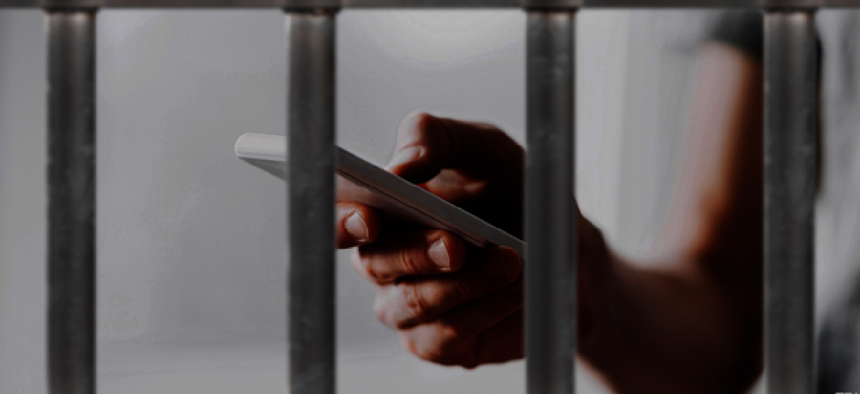Prisons fighting contraband phones get help from courts

Judges in South Carolina and California have ordered wireless carriers to disable nearly 200 contraband cellphones used by inmates.
Corrections officials might be getting some help in their battle against contraband cellphones in prisons.
Judges in South Carolina and California have ordered wireless carriers to "disable nearly 200 contraband cellphones used by inmates to orchestrate crimes behind and outside prison walls," according to an Associated Press report.
Scott Kernan, secretary of the California Department of Corrections and Rehabilitation, told AP on July 23 that the 197 phones will be shut down over the next week or two. He added that he expects other states will also ask judges to approve broad shutdowns.
Prisoners have used contraband cellphones to traffic drugs and firearms and to coordinate violent crimes. Prison officials have installed metal detectors, scanners and security cameras, but the devices continue to be smuggled in – sometimes by corrupt employees and sometimes by drones. Last year, authorities seized more than 13,000 cellphones in California prisons, Kernan said.
Implementing technology to block the use of phones in prisons has been problematic. Cellphone jamming is illegal except in very limited circumstances, and cellphone technology advances so quickly that detection solutions are soon outpaced.
In 2013, Mississippi and Maryland implemented a managed cellular access system that sends calls from approved phones to a commercial carrier and blocks transmissions from unknown or unapproved phones.
In January, officials from the Justice Department's Federal Bureau of Prisons tested technology that successfully blocked commercial cellphone signals inside a cell at the Federal Correctional Institution at Cumberland, Md., but left commercial airwaves unimpeded just 20 feet outside the facility's walls.
The recent ruling represents a breakthrough for corrections facilities because getting a court order to shut down several phones at once is more efficient -- and significantly less expensive -- than tracking down and confiscating individual phones or installing prisonwide detection technology.






